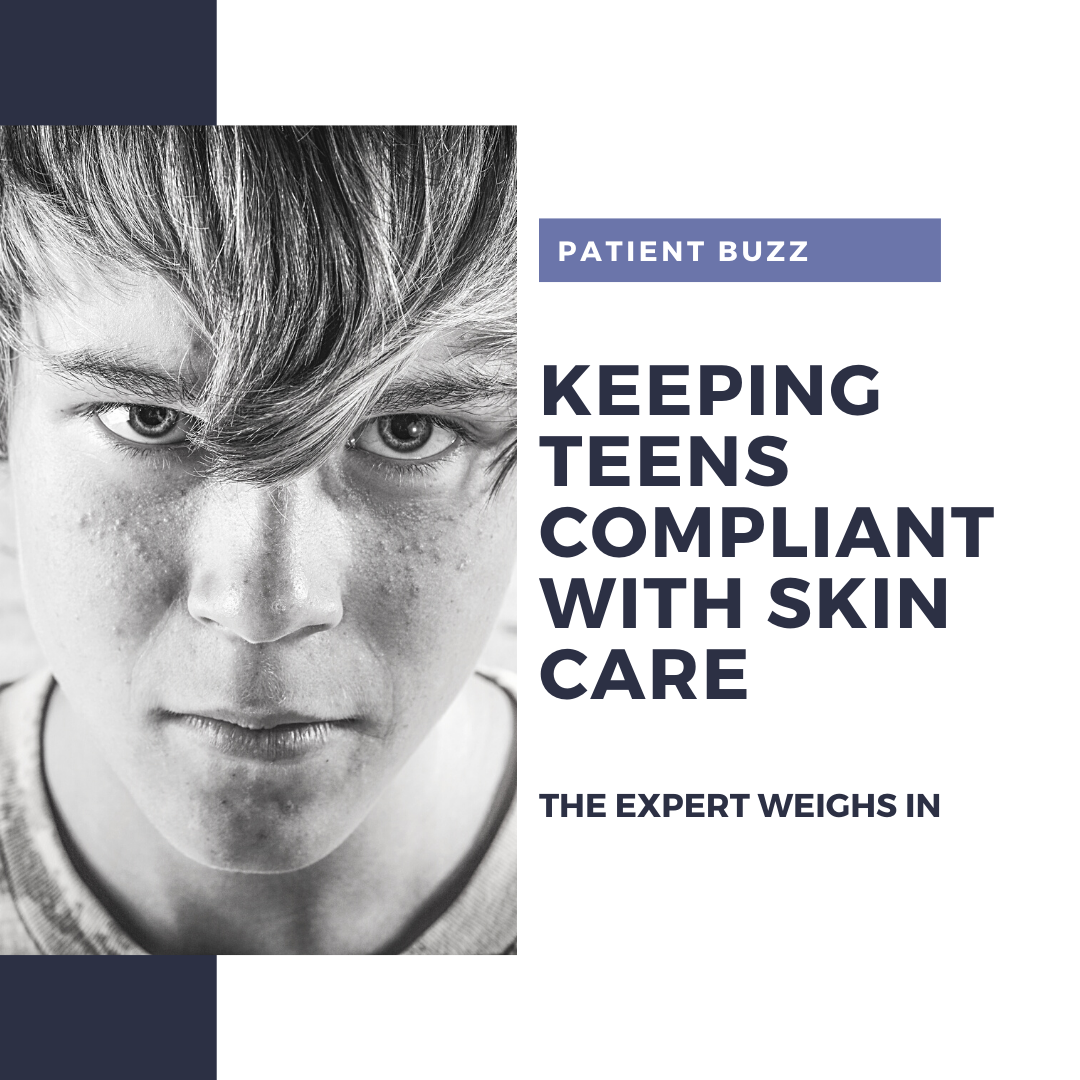Seventeen recently wrote an article sharing skin care advice dermatologists give their own teens.
For expert advice on how to counsel teens in caring for their skin, I consulted dermatologist Candrice Heath, MD, assistant professor at Lewis Katz School of Medicine at Temple University. Dr. Heath is board-certified in dermatology, pediatrics, and pediatric dermatology.
What are the most important messages dermatologists should communicate to their teen patients?
If medications are needed above and beyond consistent skincare, keeping the regimen as simple as possible is key. Using medications and steps that have more than one positive impact on the skin is important.
Cleansing the face morning and night is the goal. Taking a bath or shower daily is expected. Yes, hearing this from a non-parent can be a game-changer.
What advice do you have for parents who may be experiencing pushback from their teens regarding skincare?
Take the pressure off! Buy the skincare products, put them in a place the teen has access to and that’s it. The more parents hassle teens, the more skin care will become a power struggle.
I ask the teen to give the parent permission to remind them about skin care a few times a week if parents see that the bottles are not being used a least a few times a week.
If there is a lot of push back, I ask the teen to come back and discuss further when their skin really starts to bother them.
What are some pearls dermatologists should implement when treating teen skin?
Explain the purpose of each step. Tell them what the most important step is. Ask if the teen thinks he or she can remember to do the most important step about three times a week. By setting the initial bar low for the most resistant patients, it puts the power in the teen’s hands. The sense of control helps to drive compliance. And yes, they can say, “Dr. Heath said not to bug me, I have it under control.”
Yes, for the best efficacy, daily use is the gold standard, but many times with teens, meeting them where they are is far more important in working to establish a routine.
What are your strategies in addressing medication compliance issues among teens?
Have a bare minimum request like cleansing twice a day. Let the teen off the hook by telling the parents that the teen does not have to be 100% compliant because even some effort will improve the skin.
If you missed Dr. Heath lecturing on “Clinical Pearls for Kids, Tweens, and Teens with skin of color” at the Skin of Color Update virtual conference, you still have time to register and watch all content on-demand until December 31st, 2020. To register, click here.
Did you enjoy this Patient Buzz expert commentary? Find more here.

